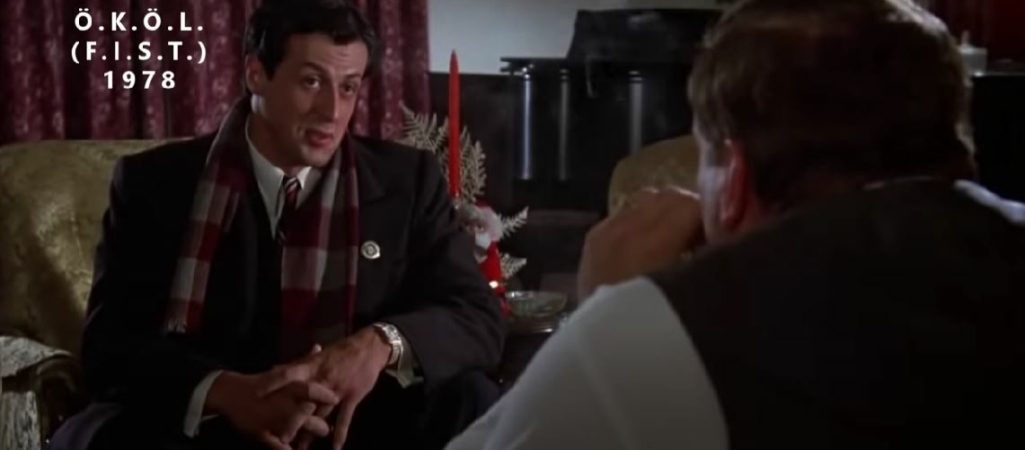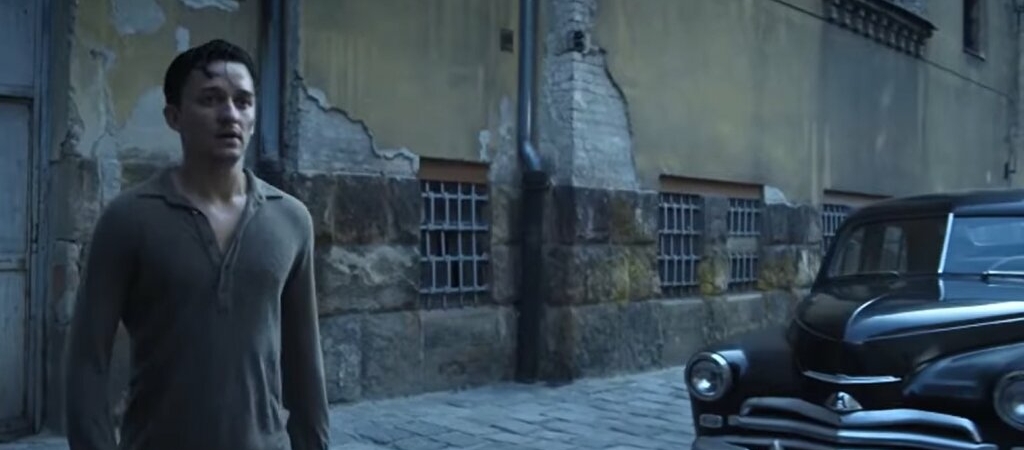Budapest Classics Film Marathon to open soon
The National Film Institute is organising between September 13-18 the 5th international festival of restored films which this year will focus on the central European roots of Hollywood, the institute said on Monday.
“This year’s selection at the Budapest Classics Film Marathon is a chance to discover the dynamic collaboration with which talented Hungarians enriched universal cinema over the past 121 years,” they quoted Csaba Káel, Government Commissioner for the development of the Hungarian motion picture industry and Chairman of the National Film Institute, as saying.
The festival will open with a gala evening showing Michael Curtiz’s 1958 noir drama King Creole with the hero played by a youthful Elvis Presley, who throughout his life always cited this role as his favourite. The event will be addressed by Thierry Fremaux, director of the Cannes Film Festival.
A highlight of this year’s festival is the screening of the rarely shown The Son of the Sheik, an iconic creation of the era of Hollywood silent films. It features Vilma Banky, the first Hungarian actress to become an international movie star. Another highlight is Curtiz’s drama The Undesirable from 1914, the only surviving film starring Mari Jaszai, a monumental figure in Hungarian theatre.

Read alsoTOP 8 Hollywood stars who speak Hungarian – VIDEOS
Venues of the Film Marathon include the square in front of St. Stephen’s Basilica, the Urania National Film Theatre, Toldi cinema and the French Institute in Budapest.
For details in English, visit HERE.

Read alsoVIDEO: This Hungarian movie may win the 2023 Oscar
Source: MTI
please make a donation here
Hot news
What happened today in Hungary? — 25 April, 2024
Azerbaijan supplies gas to Hungary for the first time in history
Chinese President to visit Budapest: why is Xi coming to Hungary?
Breaking: Hungarian government to sue Spar
Attention: Budapest-Vienna railway line renovation continues in Hungary, timetable changes
Orbán: Make America Great Again! Make Europe Great Again!




